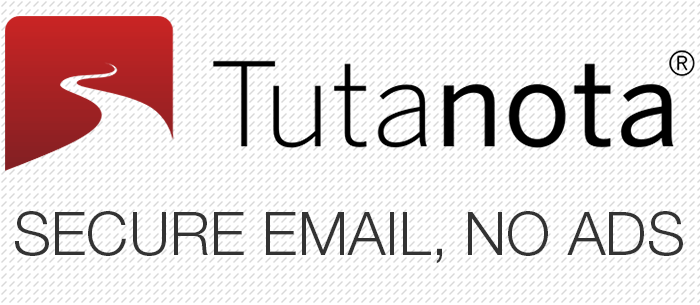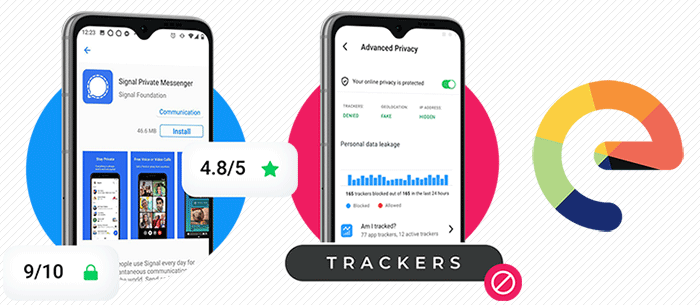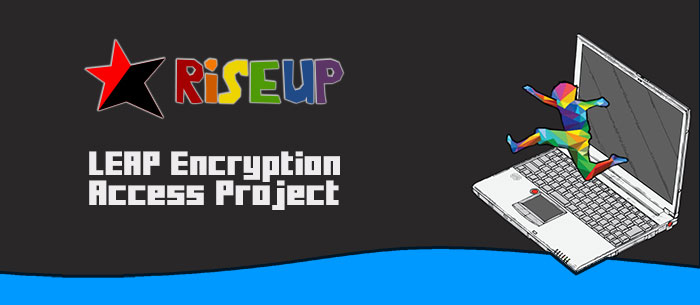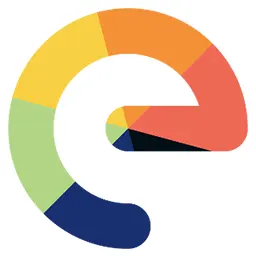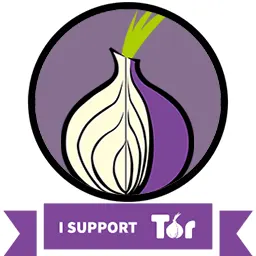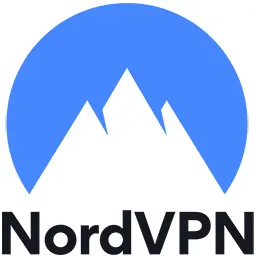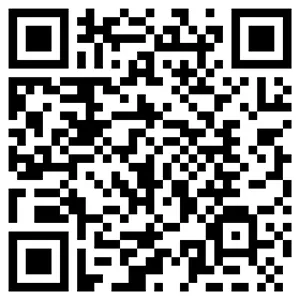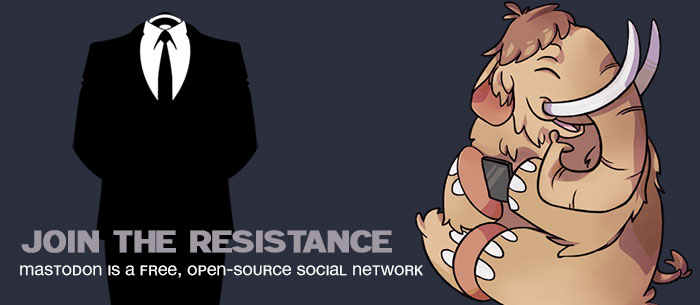
Home Anonymous Operations Civil Liberties in the Digital World Mastodon social network
Friday 7 April 2017
français >
Mastodon, a distributed version of Twitter, is almost identical to the platform it’s based on.
Users can set up a profile, post short updates that may or may not include an image, and follow other users’ posts - named "toots".
The founder of Mastodon, 24-year-old Eugene Rochko from Germany, explains:
"The entire network is like an unlimited number of different Twitter websites, users of which can follow each other and interact regardless of which Twitter website exactly they are on. This has obvious benefits as there is no single company that has a monopoly."
A decentralized alternative to commercial platforms, it avoids the risks of a single company monopolizing your communication. Pick a server that you trust — whichever you choose, you can interact with everyone else. Anyone can run their own Mastodon instance and participate in the social network seamlessly.
There are different ways in which something can be decentralized; in this case, Mastodon is the "federated" kind. Think e-mail, not BitTorrent. There are different servers (instances), users have an account on one of them, but can interact and follow each other regardless of where their account is.
Mastodon instances
Mastodon, however, has a 500-character limit on status updates - significantly greater than Twitter’s 140 characters - and rather than there being one centralised Mastodon site, users are invited to set up there own ’instances’ of the network.
A GNU Social-compatible micro-blogging server
Anyone can run Mastodon and participate in the social network seamlessly. An alternative implementation of the GNU social project. Based on ActivityStreams, Webfinger, PubsubHubbub and Salmon.
What sets Mastodon apart
- Timelines are chronological.
- Public timelines.
- 500 characters per post.
- GIFV sets and short videos.
- Granular, per-post privacy settings.
- Rich block and muting tools.
- Ethical design: no ads, no tracking.
- Open API for apps and services.
Mastodon - https://mastodon.social/


